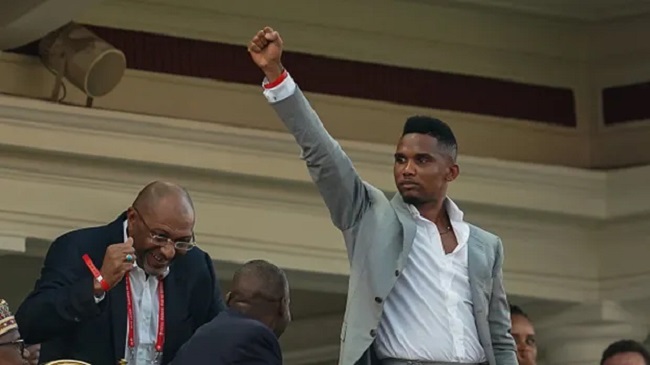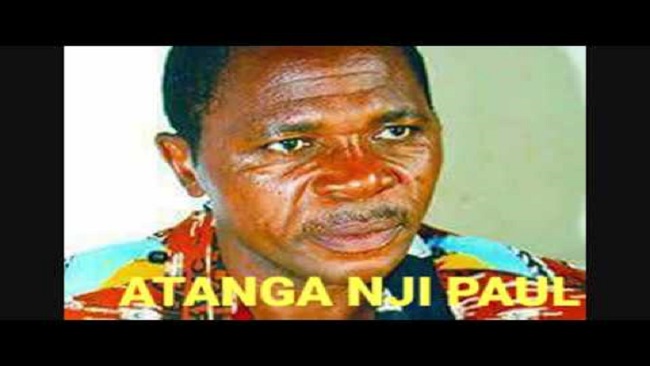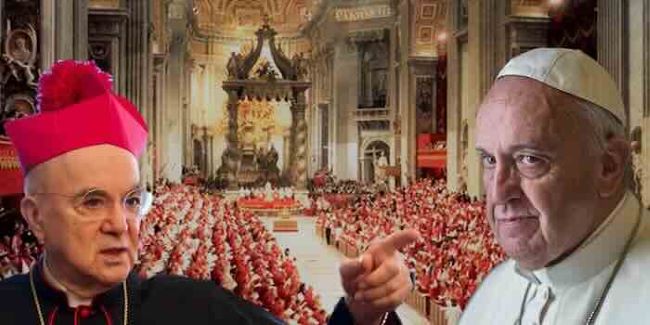5, July 2024
Eto’o fined $200,000 but escapes match-fixing charge 0
African football’s governing body has fined Samuel Eto’o, the president of the Cameroonian Football Federation (Fecafoot), $200,000 for an ethics breach, but found insufficient evidence to pursue a charge related to allegations of match-fixing.
The Confederation of African Football (Caf) opened an investigation into Eto’o’s conduct in August last year after receiving “written statements from several Cameroonian football stakeholders”.
A disciplinary panel found, external that the four-time African Footballer of the Year had “seriously violated the principles of ethics, integrity and sportsmanship” of Caf by signing a contract to be an ambassador for betting company 1XBET.
Eto’o’s lawyers have said they will appeal against the verdict.
1XBET sponsors the top two divisions of men’s professional football in Cameroon and both the men’s and women’s international sides, while the regulations of Fifa, football’s global governing body, state that people bound by its code are not allowed any involvement in betting related to football.
Last July, a group representing amateur clubs in Cameroon called on Eto’o to resign, highlighting their concern over the 43-year-old’s relationship with 1XBET and citing “grave irregularities” at Fecafoot.
Match-fixing allegations
While Eto’o has been found guilty of breaching Caf statutes when it comes to ethics, he has escaped a sanction related to match-fixing, with the disciplinary panel ruling that “as it stands, there is insufficient proof”.
The former Barcelona, Inter Milan and Chelsea striker was being investigated alongside Valentine Nkwain, president of newly promoted club side Victoria United, following a leaked phone conversation said to be of the pair discussing Victoria’s return to the top flight before promotion had been guaranteed.
Both have previously denied involvement in any conspiracy to manipulate results.
The latest judgement by Caf is unlikely to quell dissent in Cameroon related to Eto’o’s running of football in the country.
Earlier this week a group of administrators, including former members of Fecafoot and the president of the country’s Professional Football League, wrote an open letter to Caf president Patrice Motsepe and Fifa boss Gianni Infantino, urging them to speed up their investigations and pointing out that possible sanctions included a lifetime ban.
The letter said “many stakeholders who have been in the game for several decades are leaving because of the abuses that have taken place over the past two years.”
Source: BBC



























7, July 2024
Biya seeks to extend mandate of legislature: Can democracy survive 2025 in Cameroon? 0
Cameroon will be holding elections in 2025 — a tribute, it could be argued, to the power of an idea, democracy, and to the spread of political freedom.
Political commentators in the nation’s capital Yaoundé will see 2025 as a milestone in democracy’s long journey from the rowdy town square debates of classical Athens, through the thinking of 18th-century philosophers and beyond to an ever more just and equitable world.
But that seems unlikely in Cameroon-a nation run by a regime that has successfully weakened all independent institutions including the Holy Roman Catholic Church.
There is a spirit pushing Yaoundé to hold elections in 2025 but it is not a democratic one.
The CPDM government on Saturday submitted to parliament a draft bill aimed at extending the mandate for the country’s lawmakers for a year. This is not the first time Biya and his acolytes are using this vicious tactics. But Saturday’s draft bill is an indication that democracy in Cameroon is in recession.
The bill, which concerns lawmakers of the National Assembly or the so-called lower house of the parliament, seeks to extend the term of office to March 30, 2026 from March 10, 2025.
The Etoudi statement in a typical CPDM crime syndicate style noted that the extension seeks “to lighten the electoral calendar,” which includes presidential, parliamentary, municipal and regional council elections in Cameroon next year.
“In this regard, and apart from the election of regional councilors, the other elections, which involve direct voting, require the deployment of substantial human, material and financial resources. Accordingly, it is judicious to spread the above-mentioned elections over the years 2025 and 2026, so as to ensure better organization,” The Biya regime statement added.
With a creeping disillusionment among younger people in Cameroon about the very point of elections, it is completely impossible for the fragmented opposition to defeat President Biya’s rigour and moralization party, the CPDM which has spent years undermining the rule of law and turning the state broadcaster CRTV into a government mouthpiece.
It is now abundantly clear that democracy in Cameroon is in crisis. President Biya’s tricks of always telling the world that state institutions and spirit needed time to develop no longer make sense to any Cameroonian citizen.
Biya’s shameful and disgraceful end will play out in 2025. For 42 years as head of state, he has jailed opponents and run a charade of an election culminating in 90-per cent majorities or higher. To be accurate, he simply allows the opposition to compete — but not to win.
But it is his re-election in 2025 that will finally disintegrate the Republic of Cameroon. The world in 2025 will no longer turn a blind eye to the excesses of Biya and his gang.
Biya is frail and there is a huge vacuum. The Unity Palace is now filled with bad actors that steal, steal, steal and govern as bad as they want.
Biya has weakened all anti-corruption bodies in the country and the recent emergence of his elder son Franck Biya as a frontrunner to succeed him, suggests that he has a dynasty in mind.
Southern Cameroonians no longer have faith in the La Republique system. The new alarming, growing Anglophone population is becoming indifferent because they don’t see the Francophone political system working for them.
Can democracy survive 2025 in Cameroon?
By Soter Tarh Agbaw-Ebai